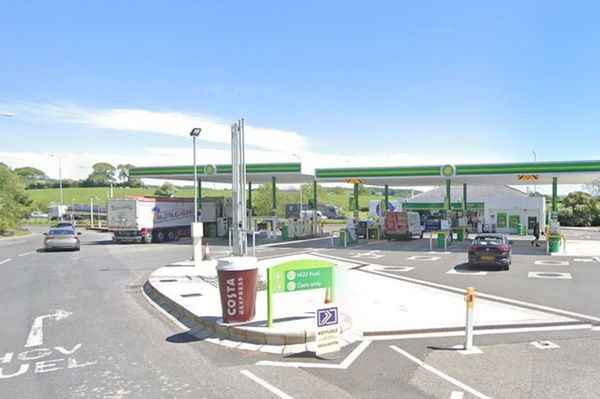Petrol prices set to go back on the rise as OPEC+ cuts global oil production
Petrol prices are set to go back on the increase in the coming weeks as OPEC+ agreed to Russian-led plans to cut global oil production.

Petrol prices are set to rise after a meeting of oil-producing nations has led to decreased global oil production.
Petrol prices have been steadily falling over the last few weeks, even though, as we wrote recently, the RAC perceives that the prices could have fairly fallen even lower.

Combined with rises in the price of electricity at public fast charging points, the per-mile cost of running a petrol motorcycle has become almost equal with that of an electric motorcycle.
However, following a meeting yesterday of OPEC+ (Organisation of the Petroleum Exporting Countries) petrol prices are set to go back on the rise.
This is because OPEC+ agreed to cut global oil production by 2 million barrels per day (bpd) in order to prevent oil prices falling further.

It has been the largest cut in global oil production since the summer of 2020, when mid-pandemic oil production was cut by almost 10 million barrels per day as demand declined.
OPEC+ is primarily led by Saudi Arabia and Russia, and as we wrote last week it was the Russians who were the instigators of this plan to cut production.
Despite the cut to global production targets, the Financial Times (FT) reports that smaller member nations of OPEC+ such as Nigeria already produce below their targets before the 2 million bpd cuts take hold. This means that actual reductions to supply levels should be closer to 1 million bpd.

The FT has been told that the reason for the cuts is to avoid a drop in oil price like that seen in 2008, when the price of crude dropped to $30 per barrel. Currently, it sits at $90 per barrel, which is lower than in the initial weeks after Russia launched its full-scale invasion of Ukraine, but higher than any point between 2015 and early 2022, according to the FT.
There are other ramifications of the OPEC+, such as a strengthening of the relationship between Saudi Arabia and Russia, and accusations from the US that the whole organisation is aligning itself with Russia.
The US itself has been trying to impose a price cap on Russian-exported oil, but the OPEC+ nations fear such a cap would eventually begin to affect the prices of their own oil.

Of course, the political implications of this production cut will only be felt with time, but it is certain to add to the current energy crisis.
To bring this back to motorcycles, the incoming problem is clear: a return to stratospheric per-litre petrol prices.











